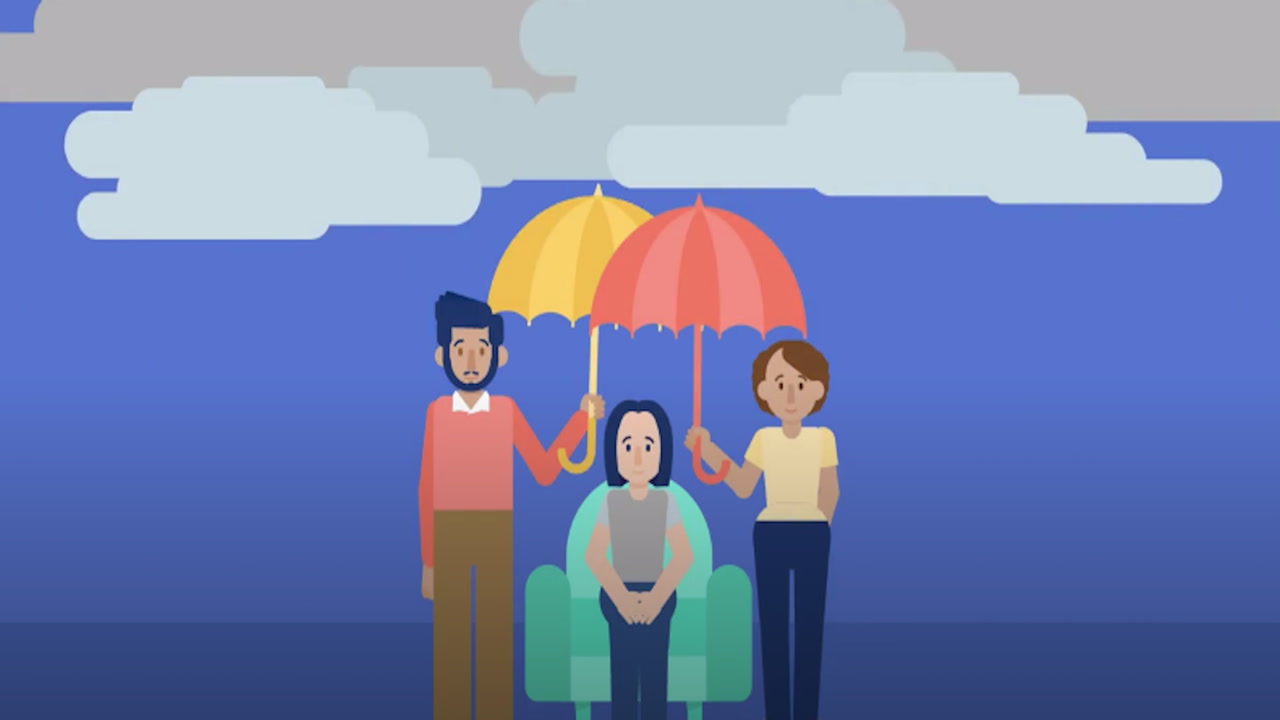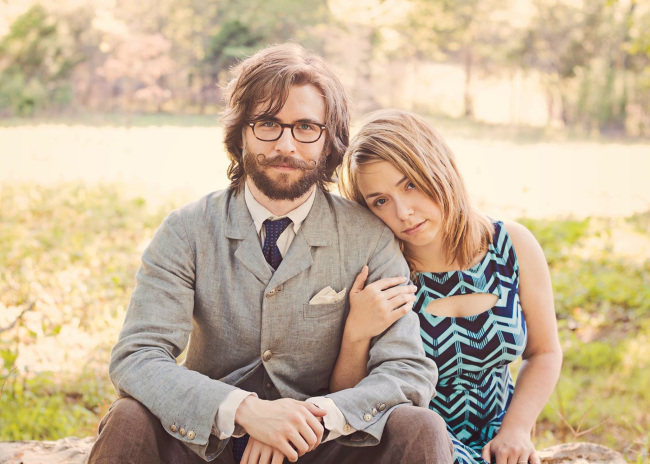Beth often shares stories with me of her odd encounters with well-meaning but socially awkward strangers. One of the questions she gets most often is: “So is your fiancé in a wheelchair, too?”
It’s tempting to try to laugh that question off, but the more I think about its implications, the less I like it. Nobody asks me if my fiancé needs glasses too or if she is also Caucasian or is also going grey at the temples. Everyone seems to recognize that a woman wouldn’t have to share my bad eyesight (or any other arbitrary, superficial characteristic) to be interested in marrying me, but for some reason it’s very common to assume that only a man who also has a disability would be interested in a woman with one. It’s as if people believe “typical” cannot love “different.” And this is an assertion that is not only false but painful.
So, how does a relationship work when one of the participants has a disability? Truth to tell, I don’t know how a relationship works when neither does (I was in a relationship once before with someone without a disability, but I can’t say the relationship actually worked). Ours is like any other relationship: we talk to one another, we listen, we try to help.
As far as I can tell, everybody needs help with something in life. Some people are bad at doing their taxes, some are late everywhere they go, many have insecurities and some have legs that don’t work properly. So just as Beth doesn’t think anything of helping me with my insecurities and the challenges I face as a student in a foreign country, I think absolutely nothing of helping her get up and down stairs, preparing a meal for us to share or helping her around the house.
In fact, it is this act of helping that brings us closer together. In order to allow her to help me, I have to make myself vulnerable to her emotionally, which is never easy (well, by now it’s easier because we’ve been doing it for so long), and in order to allow me to help her, she has to be very vulnerable to me physically. It all requires a lot of trust, but our trust in one another is always rewarded.
Honestly though, it is the distance between us (not her disability) that has always been the biggest problem to overcome. We have never lived in the same city and never less than 800 miles apart. Now it’s more like 4,600. But we talk every day on Skype, often for hours, sometimes more than once. (Since starting our relationship in September 2012, we have only gone 2 days without Skyping!) We’ve been told that we talk more to one another than do some couples who live together. This is no surprise, since we can’t do much more than exchange words, so we exchange lots and lots of them, and we weigh them carefully.
So, distance has become our teacher, helping us learn to communicate honestly and lovingly with one another. And because being apart forces us to find a silver lining, each of us strives to discern the best and most loving interpretation of the other’s words. When we can’t find that right away, we push through any negative feelings and ask for clarification. We do our best to understand each other’s needs and to help fulfill those needs. And it turns out not to matter so much what (or even whose) those specific needs are; the remedy is still the same. We speak, we listen, we understand, we give and take, we help each other. We love each other. That’s really all there is to it.
This post originally appeared as a guest post on In Case of Fire, Use Stairs.


